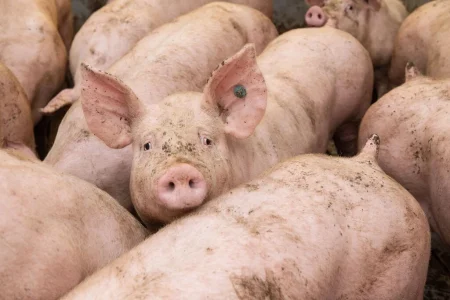More than 800 pigs were culled in Penang in July after African swine fever (ASF) was confirmed at three farms, prompting strict containment measures and heightened surveillance.
State officials said laboratory tests confirmed ASF infections at farms in three districts after traces of the virus were first detected at slaughterhouses. Investigations into additional farms continued through July, with authorities warning more cases could emerge.
By mid-July, 822 pigs had been culled at two farms, while a third remained under close observation. Movement of pigs from infected farms was banned to prevent wider spread.
The Penang Veterinary Services Department tightened inspections at farms and abattoirs and urged farmers to adopt strict biosecurity protocols, report sick or dead pigs quickly, and cooperate with containment efforts. Officials emphasized that ASF does not affect humans and that pork from healthy pigs remains safe to consume.
In a July 13 statement, Penang veterinary services director Saira Banu Reja confirmed that two farms in Kampung Selamat had recorded at least 50 pig deaths.
ASF, a viral disease with no cure or vaccine, has previously disrupted pork production in Asia. The July outbreak highlighted Malaysia’s vulnerability and the importance of rapid response to safeguard pig populations and protect the local pork supply chain.

